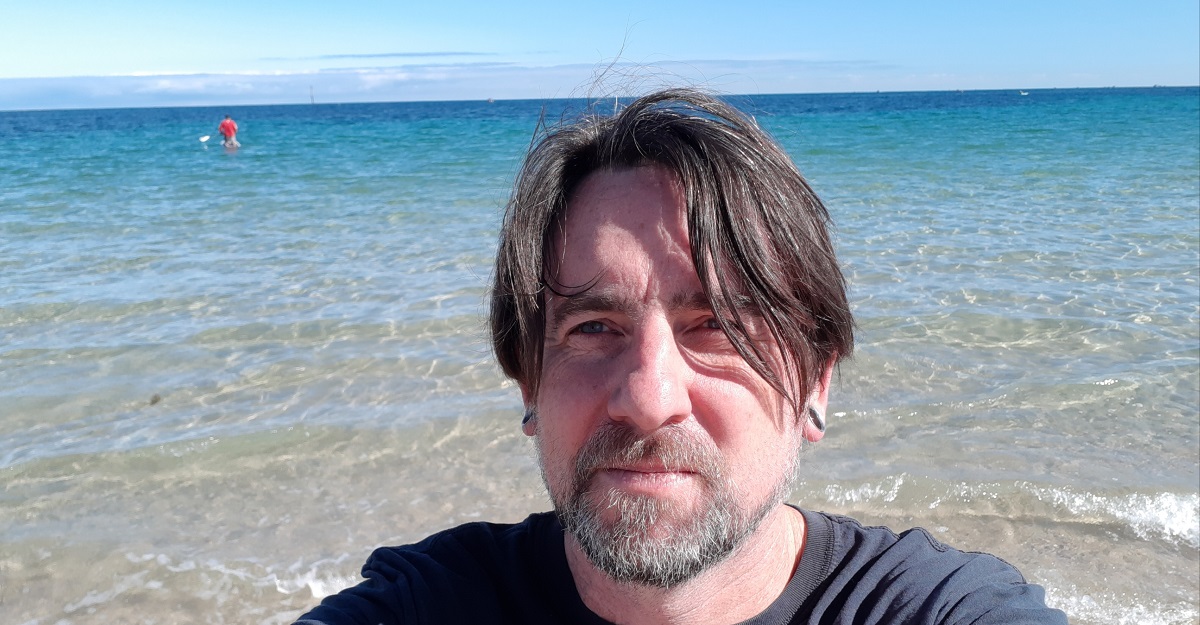
As an expert in international history, Professor Matt Fitzpatrick spends his days analysing events that happened in past centuries. Recently awarded an ARC Future Fellowship grant, his next adventure will test a belief that has long been held by the international community.
What is your role and what does your work focus on?
I’m a professor in international history, which is a pretty broad brief that has given me the opportunity to research everything from Ancient Rome through to early twentieth century China.
The majority of my work is on the history of German imperialism, particularly in Africa, Asia and the Pacific. A lot of people aren’t even aware that Germany had an overseas colonial empire, but the Germans had a global empire like the British and the French until they had their colonies confiscated after World War One. I’ve written three books about the German Empire. My third, most recent book, The Kaiser and the Colonies looks at the role that Kaiser Wilhelm II played in German imperial policy.
I’ve just been awarded an ARC Future Fellowship which will see me analyse how the British and the Germans collaborated in the Asia-Pacific region when they were establishing and maintaining their empires. Part of the point of this project is to test the old argument that Britain and Germany were imperial rivals and therefore destined to go to war against one another.
What journey brought you to this point in your career?
I had a great group of teachers at my local state school – Erina High, in NSW. They set me to thinking about things well beyond the syllabus. Their influence led me to study an arts degree, despite family and friends telling me I was ‘wasting’ my mark doing ‘just arts.’
I loved everything about my degree, and ended up taking off to Europe and the Middle East to see the things I’d read about. After some fantastic wilderness years, and having met my wife Natasha, I decided to return to study and raced through an education diploma, an MA and a PhD. Soon after, I came to Flinders – and my interview marked the first time I’d been to Adelaide. We now live within walking distance of the campus and I still find my work endlessly fascinating.
How have you dealt with a major challenge in your life?
When I was doing my education degree, I almost packed it in two days into my practicum, which was at a disadvantaged city school. After a baptism of fire lasting about a week, I suddenly realised it wasn’t about me and what I wanted to do. It was about the kids in front of me and what they needed. I changed how I taught, and it suddenly got much better for me and the students. After that, I enjoyed the cut and thrust of the classroom far more.
What is something you are most proud of?
I love what I do and I’ve gained a lot of personal satisfaction from my work – publishing books, living and working overseas, occasionally being on TV as an expert, and watching my students go out and make it in the wider world. Pride is something I reserve for others. I was proud of my kids when we lived in Germany and they cheerfully went off to school every day, riding their bikes through snow to classes in a foreign language like it was no big deal.
What does a normal day look like for you?
I’m firmly a creature of habit these days, which is unlike when I was younger. I catch up on history Twitter over breakfast. I walk my youngest to school and then keep walking down the hill to Flinders. I catch up on the overnight German press, then answer emails. Then I either teach, or I’m writing or researching. Half an hour for lunch; a can of cola at 2.30pm; I leave the office at 5.30pm and walk back up the hill. Fridays, I go to the History Seminar.
Externally it looks pretty routine, but I’m always mentally exhausted by the end of the day, because I’m immersed in my work, which is trying to nut out what happened elsewhere more than 100 years ago.
How do you like to relax or spend your spare time?
We live very close to Sturt Gorge, so I spend a lot of time wandering about there and decompressing. I’m a terrible bass player in a complaint rock band. I read, I watch the kids play soccer, we have drinks and a few laughs with friends and we go camping. I eat chocolate after dinner – and to compensate for that, I go for a run some mornings.

